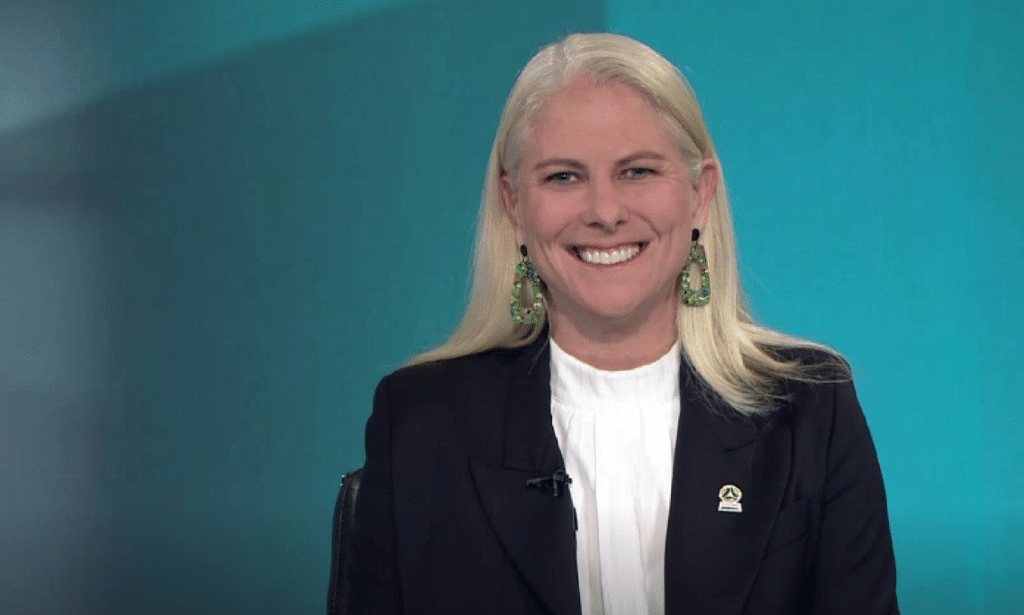I can’t think straight today. I’m thinking about the Matildas’ next game tonight. I’m replaying in my head the final moments from last Saturday night, when Cortnee Vine calmly approached the line to take that final, history-making, successful penalty shot.
I’m wondering, what moments will emerge tonight? Will they be celebrations of triumph, or something else?
As my seven year old put it to me leaving for school this morning: But what if we lose?’
That’s sport. You win, sometimes. But mostly, you don’t. It’s part of the reason why I gave up supporting my favourite NRL team a few years back (alongside a number of other reasons). I struggled to sustain an entire season of this tension — the wondering and questioning and worrying — and then, inevitably, dealing with the disappointment, because at the end of the day/season/competition, every team with the exception of one, will technically, lose.
And that leads me to thinking about the players who are The Matildas. How on Earth do they cope with the anxiety, the stress, the questioning if they are fit enough and good enough, given the pressures they’re facing? How do they stay focused, considering the massive game ahead that will stop the nation? What do they make of the future as-yet-undecided moments that will emerge from this game? The little disappointments. The little victories. And then, ultimately, the final result?
As we witnessed on Saturday night, the Matildas have resilience in spades. There was no greater demonstration of this than goalkeeper Mackenzie Arnold, who missed a penalty only to return to the net to victoriously complete a 20 shot, 17 minute penalty shootout — the longest in World Cup history.
But every player brings a story and a unique background to the sport. Take Courtnee Vine as an example, who scored that final penalty in a moment that will forever be secured in our memories. I recently learned that she has her own experience with anxiety and imposter syndrome. She was so confident and graceful and talented; how could she ever feel like an imposter? Because, she’s human. Feeling like an imposter is no weakness: if anything, it’s an underlying strength that shows you’re always seeking opportunities to learn and improve.
We’re all searching for lessons in the success of The Matildas, and there are plenty to learn from this team. But none more so than what has been shared about the unity and collaboration the teams works on together.
As the team’s Head of Delegation and former Matilda Alicia Ferguson said on 730 on Monday night, “it really is a family environment”.
She shared how the mix of players they have in the teams has created a “really well-balanced place” and spoke about the “circle analogy” that Coach Tony Gustavsson uses.
“It’s where we look inwardly. Everyone protects each other… It’s very good at deflecting the outside noise.
“To maintain that calmness and that confidence. It’s been important to maintain that inward outlook,” she said.
This strategy appears to be working in the most tense and high-pressure situation imaginable. Together, they feel like family. They support each other. They look to protect one another rather than being distracted by what’s happening outside of the job they are doing. There is something in that for all of us, regardless of the type of teams you work, play and live in.


